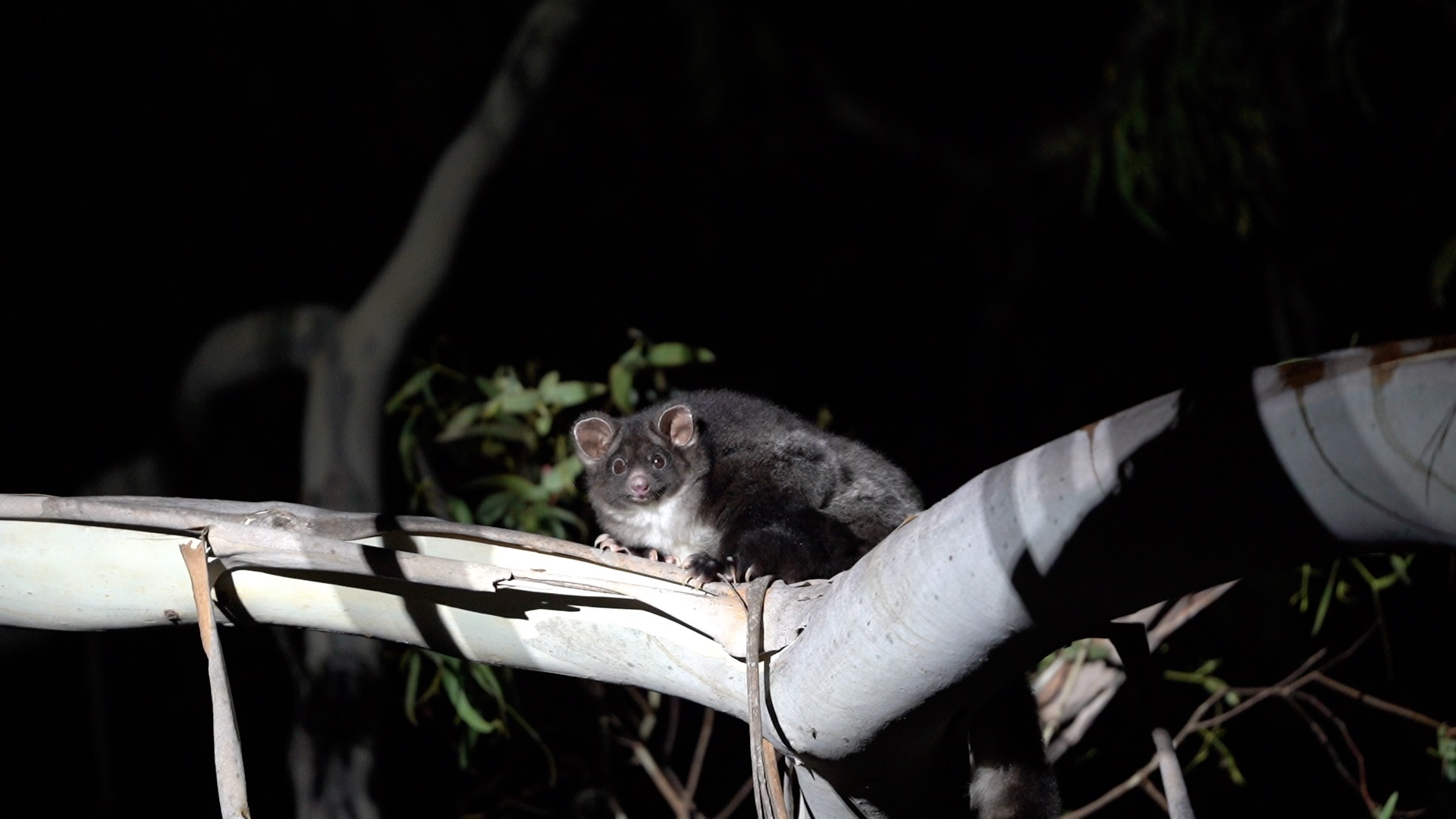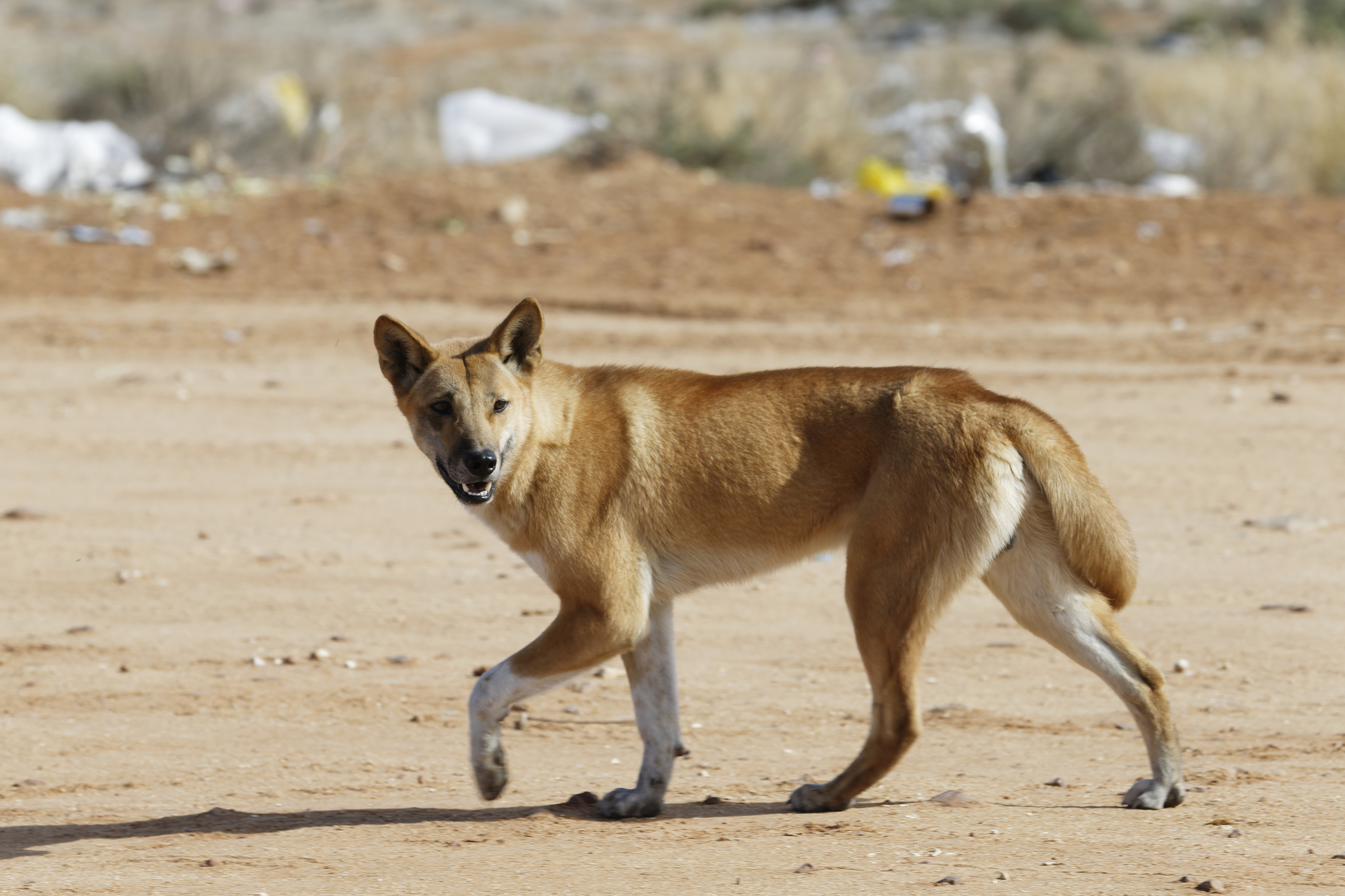Five hours south of Sydney, in the high country of south-east New South Wales, Glenbog State Forest sits quietly on the edge of the escarpment. At first glance, it looks like many other native forests. But Glenbog is not just any forest. It is one of the few remaining high-elevation “cloud forests” in southern NSW. These are places where geography...
Chinese animal activists in Yulin have urged local authorities to embrace the national government’s recent declaration that dogs are companions not food, by halting the city’s dog meat festival due to take place from June 21. The activists rescued ten “friendly and innocent” puppies they found being sold for meat at a market outside Yulin, and filmed traders butchering dog carcasses, seemingly in defiance of the Ministry of Agriculture’s statement last month that dogs are not livestock.
The activists sent an eye-witness report to global animal protection organisation Humane Society International, confirming that most of the dog meat stalls and shops scattered around the city have now been consolidated into one central area called Nanchao market on the outskirts of Yulin. Yulin’s notorious Dongkou market that was once the epicentre of dog meat sales and the slaughter of live dogs, appeared relatively empty by comparison. HSI believes that centralizing dog meat trade activity could be the authorities’ attempt to make it easier to monitor and manage.
Dr Peter Li, China policy specialist for Humane Society International, said: “The Yulin authorities may want to keep a closer eye on all the dog meat trade activity by centralising it more or less at one market, possibly because of the increasingly controversial nature of the dog meat business. While some traders told the activists they were doing as much business as possible to make up for lack of sales from January to March due to the coronavirus, others reported that it is now harder to acquire live dogs from outside Guangxi province due to the government’s crackdown on trans-provincial animal transport. Instead of the huge slaughter trucks of previous years bringing in thousands of dogs at a time, they say it is more common now to see small truckloads of mostly locally sourced dogs from nearby towns.
“Momentum is building in China to tackle the dog and cat meat trades, and while I don’t think anyone expects Yulin’s dog meat trade to close up overnight, what the activists witnessed could indicate that things are shifting even in Yulin. The cities of Shenzhen and Zhuhai have hopefully started a trend by banning dog and cat meat, and the declaration by the national government that dogs are considered companions rather than livestock, provides a compelling incentive for other cities to follow suit. I do hope Yulin will change not only for the sake of the animals, but also for the health and safety of its people. With new cases of COVID-19 tied to a Beijing market, allowing mass gatherings to trade in and consume dog meat in crowded markets and restaurants in the name of a festival poses a significant public health risk.”
Georgie Dolphin, Program Manager for HSI Australia said: “We hope the progress made to classify cats and dogs as companion animals and the bans now in place in the cities of Shenzhen and Zhuhai will keep building and soon consign Yulinto history. This must be the beginning of the end for the horrific dog and cat meat trade.”
The activists found that stalls around the Nanchao market were predominantly selling dog meat rather than live dogs, but when they travelled further afield to a market just outside Yulin, they discovered a dog meat stall offering to slaughter and butcher a cage full of puppies. On questioning the stall holder about how they acquired the puppies, the proprietor agreed to let the activists take them.
Activist Jenifer Chen said: “I couldn’t believe that these friendly and innocent puppies would be killed for food if we hadn’t been there by chance, and I can’t believe that anyone would even want to eat these adorable little darlings. This was my first trip to Yulin and what I saw at the market really shocked me. My hands were trembling when I took the first puppy out of the cage. He kept licking my hands, and unbeknown to him I could easily have been a dog meat eater. People often assume that these horrific scenes are normal for most Chinese people to see, but it’s just not true. I was so upset to see the puppies under the sizzling hot summer sun, but I was happy that we were able to save them from the butcher’s club. Like the Chinese government said, these puppies are companions not livestock, and cities like Yulinshould put those words into practice and end this shameful dog meat trade.”


